When it comes to emotions, dogs might understand more than we think. Over the last 20 years, psychologists have started digging deeper into the personalities of dogs, not just how they act, but how they feel. The study of personality focuses on how behavior and emotional reactions can be predicted. And while it’s hard to say if a dog’s feelings of loss are exactly like those of humans, research is revealing some surprising similarities.
According to the American Kennel Club (AKC), scientists have discovered that certain areas in a dog’s brain respond in ways that closely resemble human emotional reactions. This growing body of research is helping explain why some dogs connect so deeply with their human companions—and why certain dog breeds are often seen as especially in tune with human emotions.
Understanding these emotional connections opens up a new way of looking at emotional support animals. It’s not just about having a pet dog around—it’s about forming meaningful bonds that can help ease anxiety, reduce chronic stress, and bring more joy into everyday life.
Most Emotional Dog Breeds
Here are seven emotional support dogs:
1. Cavalier King Charles Spaniel
The Cavalier King Charles Spaniel is one of the most popular dog breeds when it comes to lap dogs, and it’s easy to see why.
Known for their gentle temperament and warm affection, they thrive on human companionship and offer incredible emotional support for people dealing with anxiety, chronic stress, or other mental health conditions.
Emotionally Sensitive: These pups can be quite sensitive during proper training. If they feel scolded or sense disappointment, they tend to shut down.
Expressive Eyes & Floppy Ears: Their expressive eyes and signature velvety, floppy ears melt hearts and help them form strong bonds with their owners.
Low-Maintenance Feeders: Cavaliers are generally good eaters, needing just one meal a day once fully grown.
Seasonal Shedding: They moult twice a year, so some grooming will help keep things tidy, especially in smaller spaces.
2. Golden Retriever
The Golden Retriever is often seen as one of the most reliable emotional support dog breeds, especially valued for its calm and patient nature.
With a natural talent for providing therapeutic benefits, they’re a top choice as a therapy dog and are especially supportive in homes with children or individuals facing mental health challenges.
Size and Lifespan: Golden Retrievers are medium-sized dogs, typically weighing between 55 to 75 pounds. They usually live around 10 to 12 years, offering long-term companionship and emotional support.
Great with Families: These dogs tend to be very tolerant, even in noisy or busy households. Their calm demeanor allows them to handle human emotions and unpredictable situations with ease
Naturally Active and Energetic: Bred originally for hunting, they carry a strong retrieving instinct. Activities like swimming, running, and playing fetch offer ideal mental stimulation and match their high energy level.
3. Labrador Retriever
The Labrador Retriever stands out for its remarkable ability to read and respond to human emotions. This natural empathy, combined with their intelligence and adaptability, makes Labs one of the best choices for emotional support and service dogs.
They’re quick to recognize shifts in mood, offering quiet comfort during moments of stress or panic attacks.
Born for the Water: With webbed feet and a water-repellent double coat, these dogs love water-based activities, giving both them and their owners a reason to get some fresh air and physical activity.
Soft-Mouthed Helpers: Labs have what’s called a soft mouth, allowing them to carry delicate items without damage. This makes them ideal for various types of support work and physical tasks.
Feeding and Growth Needs: According to PetMD, Labrador puppies benefit from high-quality food formulated for large breeds until they’re about one year old. After that, switching to an adult formula supports their health through all stages of life.
4. Poodle
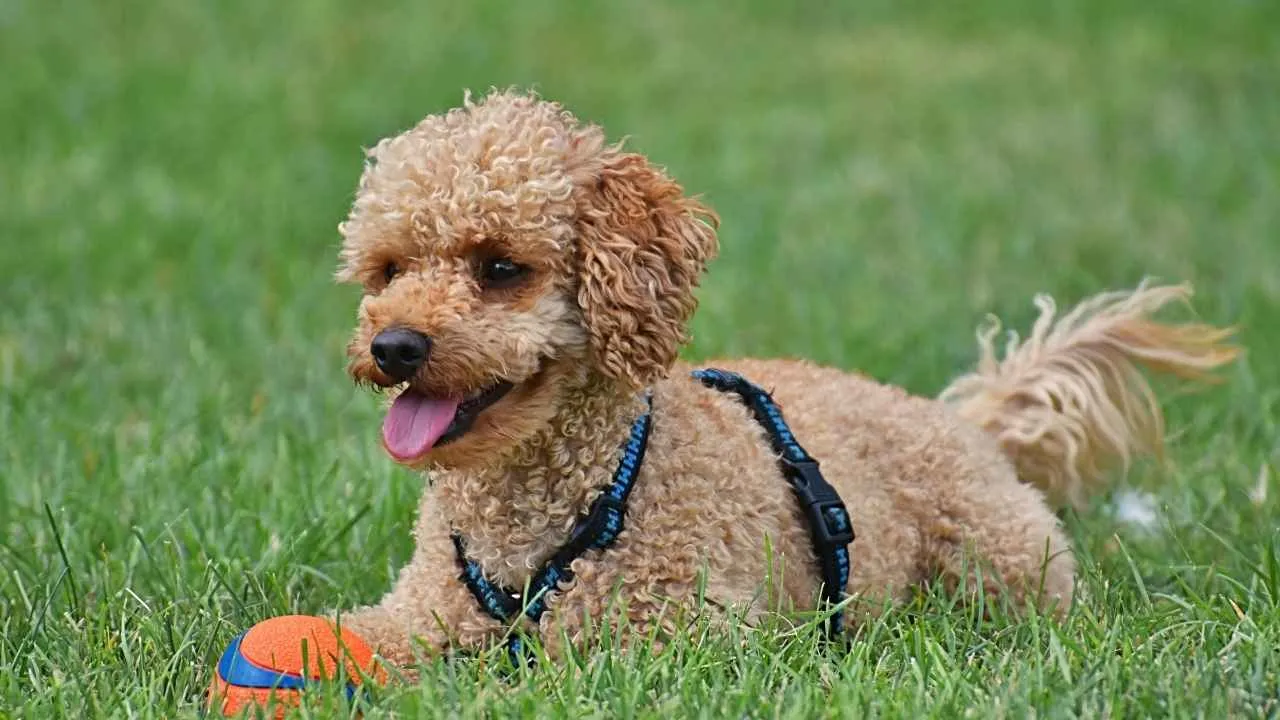
Poodles are not just stylish. They offer both charm and deep companionship. Whether Standard, Miniature, or Toy, their variety in size makes them a perfect fit for different lifestyles, from busy homes to smaller spaces like apartments.
It’s common to see standard poodles and miniature poodles offering comfort during tough times. Their attentiveness and strong desire to support their owners make them perfect for managing emotional needs.
Hypoallergenic Coats: These dogs are a great match for people with allergies. Their hypoallergenic coats shed very little, making them easier to live with compared to other breeds.
Exercise and Affection: While they have moderate exercise needs, Poodles also love a good snuggle. Whether it’s a walk in the park or curling up at home, they’re just happy to be near their family.
Watchdog Instincts: Though they’re gentle, Poodles possess sharp awareness and subtle watchdog qualities, making them quietly protective.
Rooted in Hunting: Historically bred as water retrievers, their intelligence makes them quick learners, ideal for both proper training and bonding activities.
5. Shih Tzu

The Shih Tzu may be small in size, but they come with big personalities and a natural love for human companionship. Known for their affectionate nature and cheerful presence, these dogs can be wonderful emotional support animals, especially for individuals seeking constant love and attention.
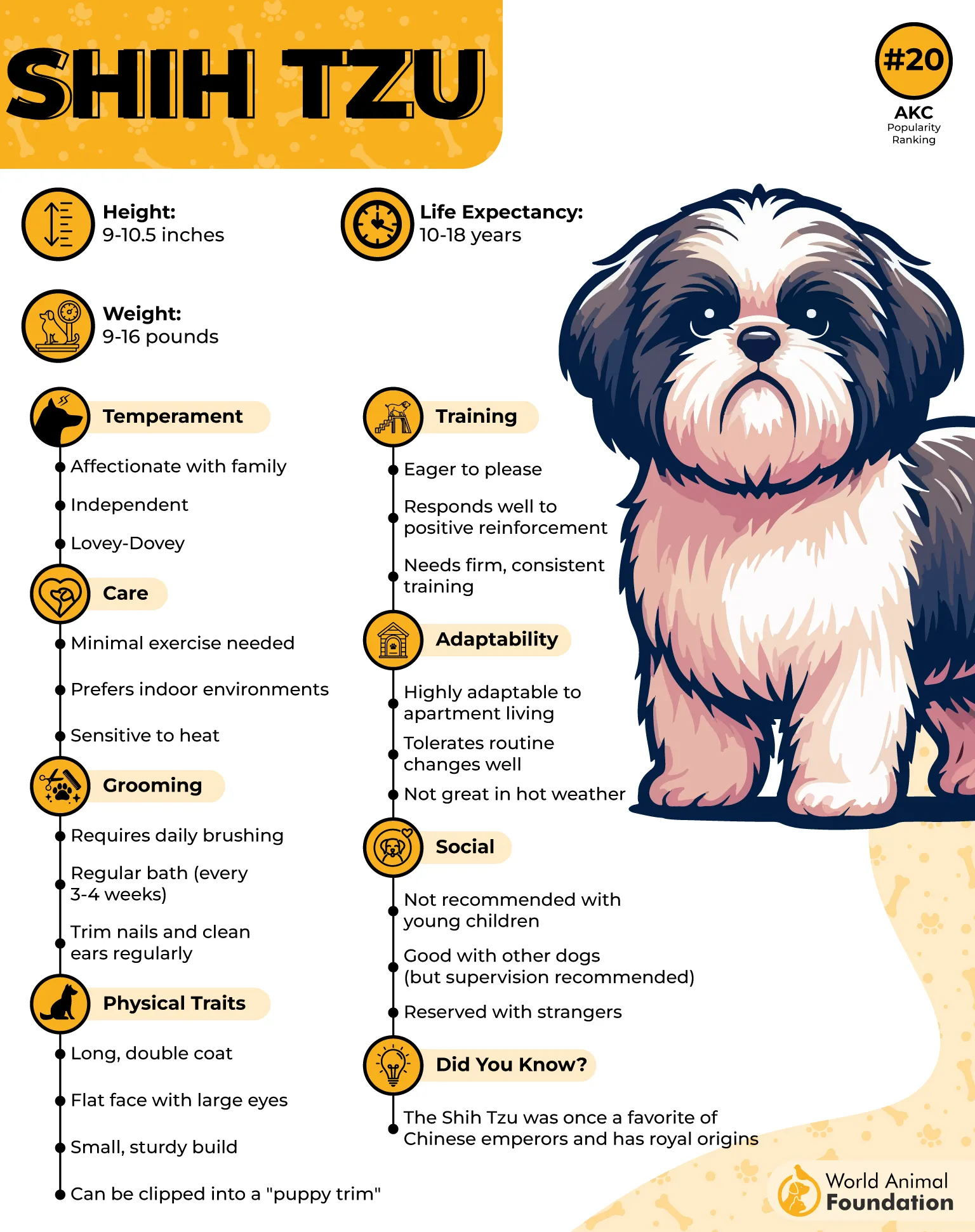
Loves the Spotlight: Their playful spirit and joyful demeanor often help lift the mood of their owners, making them excellent for managing anxiety and other mental health conditions.
Low Maintenance: According to HillsPet, they have a low tendency to drool and are unlikely to snore, making them comfortable indoor companions. While they may dig occasionally, it’s not excessive. They do have a high tendency to bark, often using their voice to “talk” or alert their owners.
Long Life: With a longevity range of 11–14 years, the Shih Tzu can offer long-term companionship, affection, and everyday joy.
6. Chihuahua

Chihuahuas are full of personality and confidence. With their big-dog attitude and strong sense of alertness, these spirited little companions are often chosen as emotional support dogs for their loyalty and deep attachment to their owners.
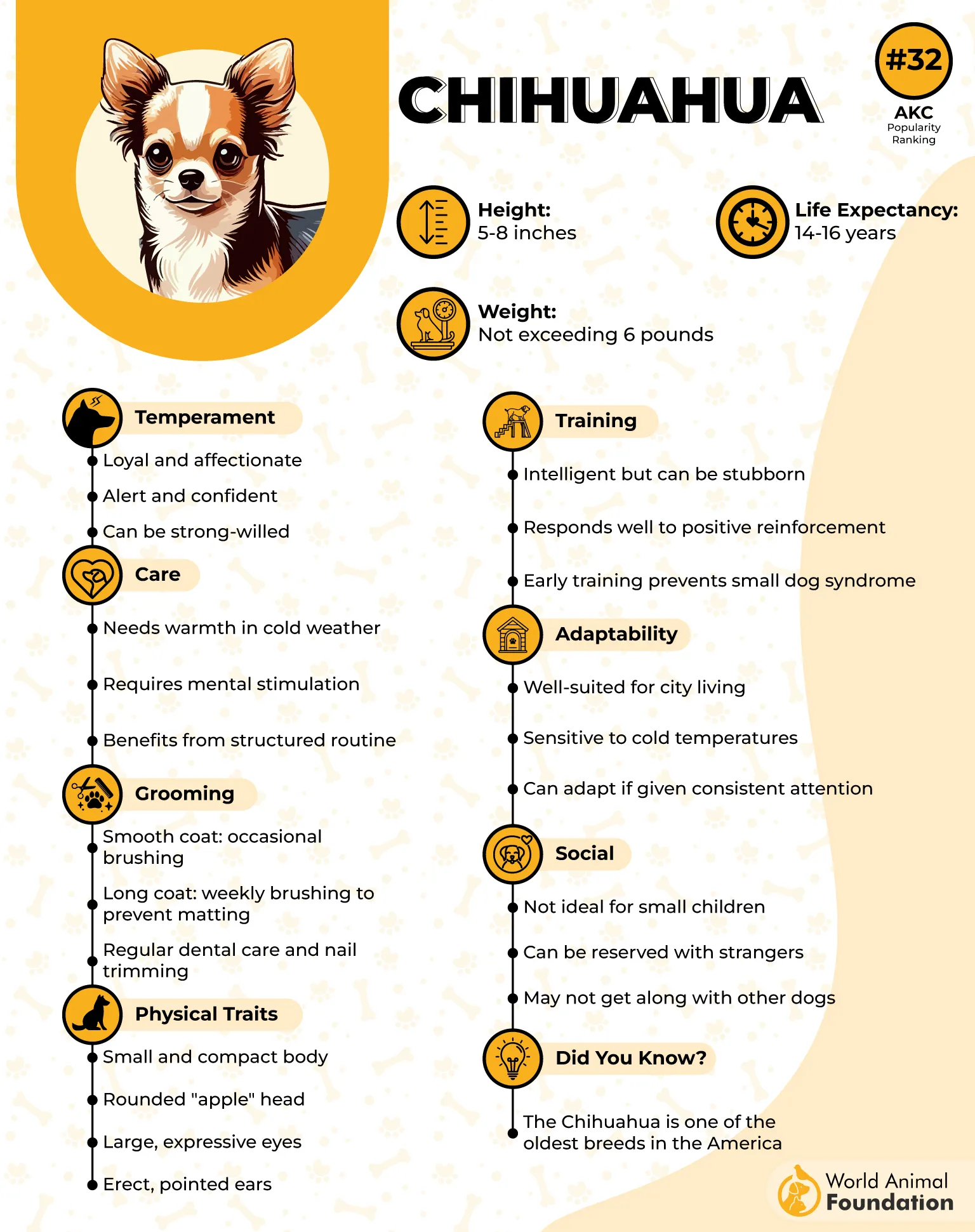
Proud Heritage: As a national symbol of Mexico, Chihuahuas are among the oldest dog breeds in the Americas. They carry a rich history and an even richer sense of individuality.
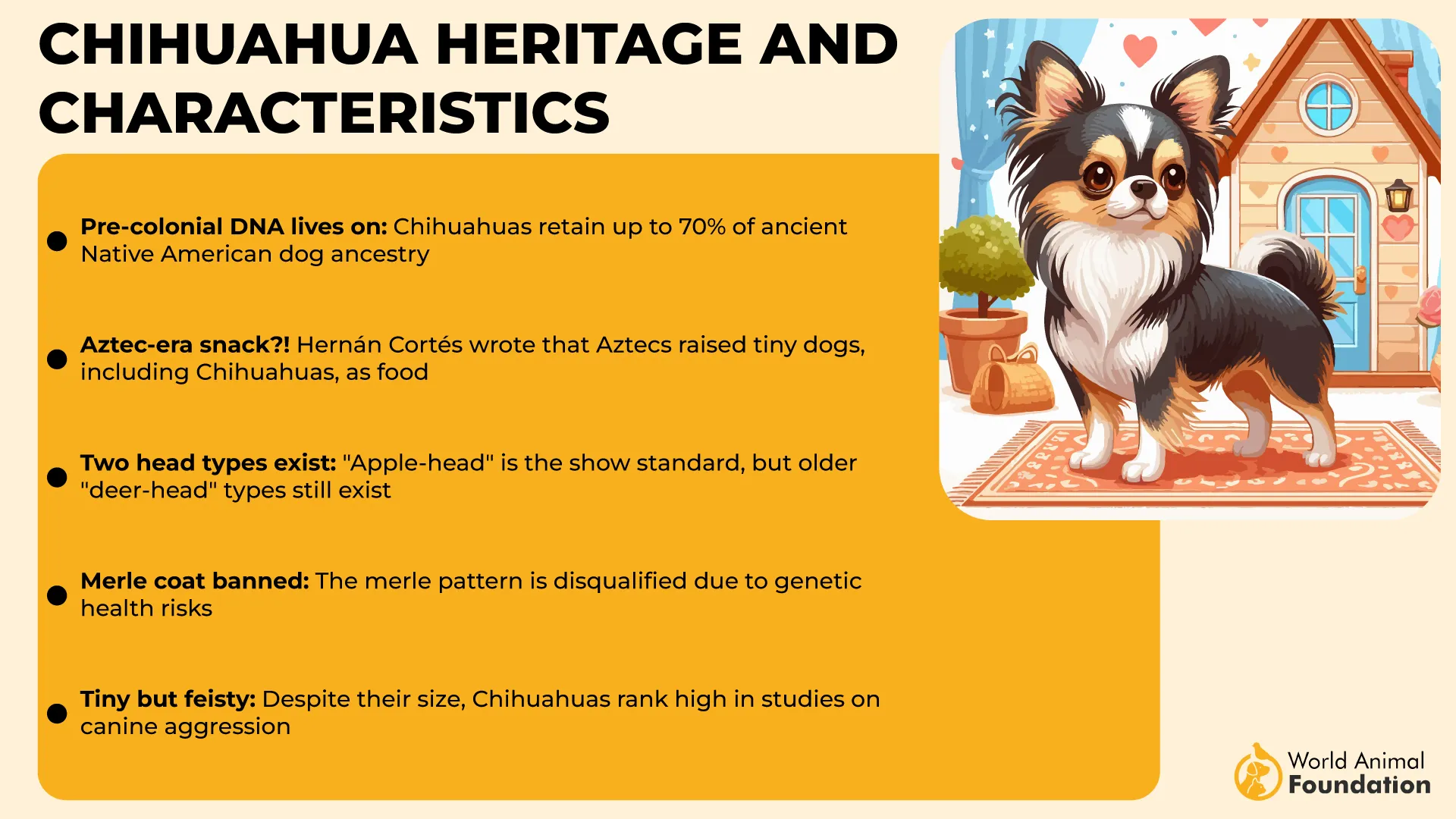
Stylish and Unique Coats: Their coats come in a wide variety of colors and patterns, including both long and short hair types, ideal for pet lovers who want a dog as unique as their personality.
Sensitive to Weather: Because of their small size and delicate build, special care is required in cold weather. Sweaters or warm blankets can help them stay cozy and safe, especially during colder seasons.
7. American Staffordshire Terrier
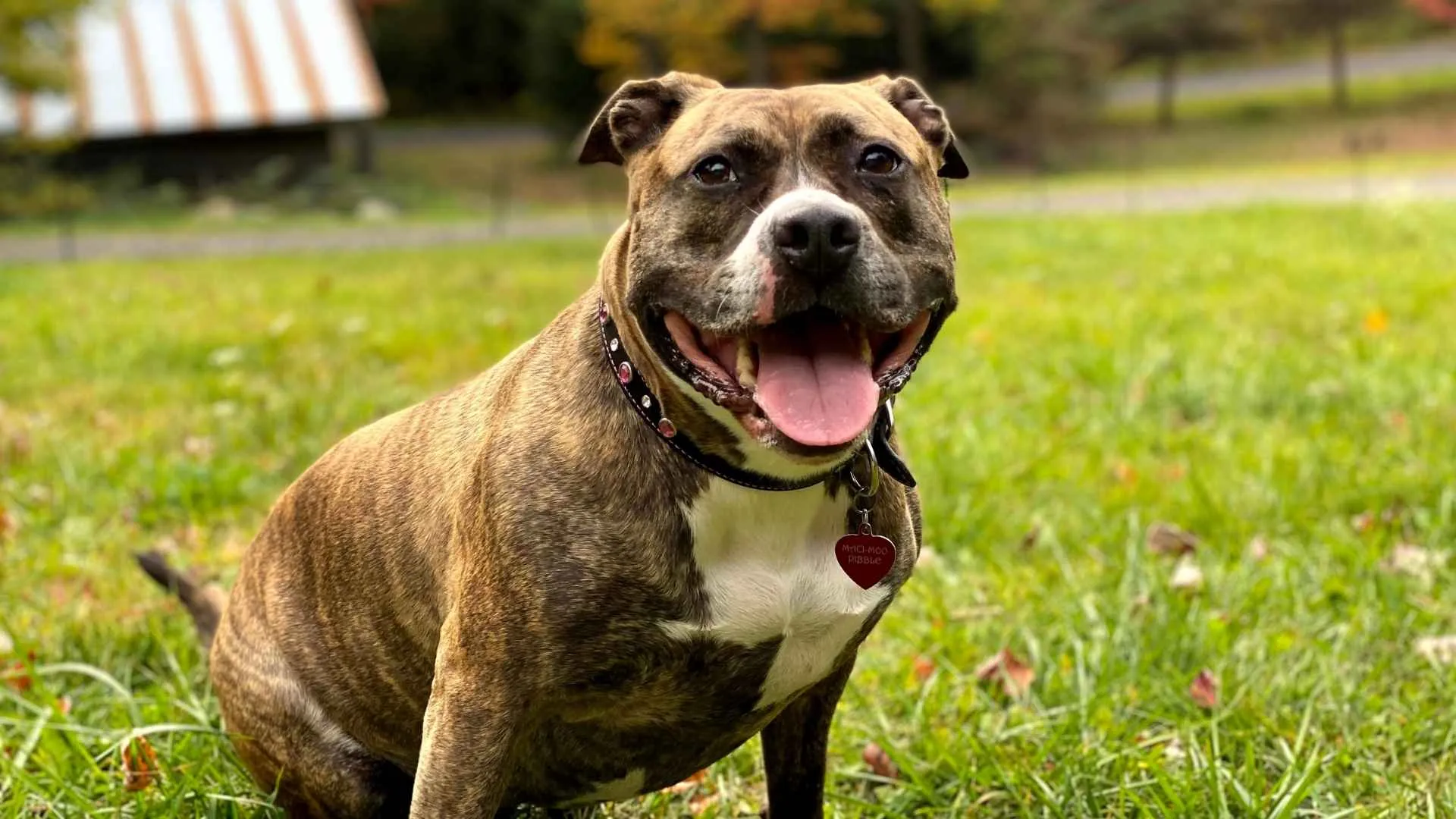
The American Staffordshire Terrier is more than just muscle and might—this breed has a strong desire to be close to its family and provide unwavering support.
Known for being affectionate and highly attuned to human emotions, AmStaffs make great emotional support animals when matched with a licensed mental health professional’s guidance.
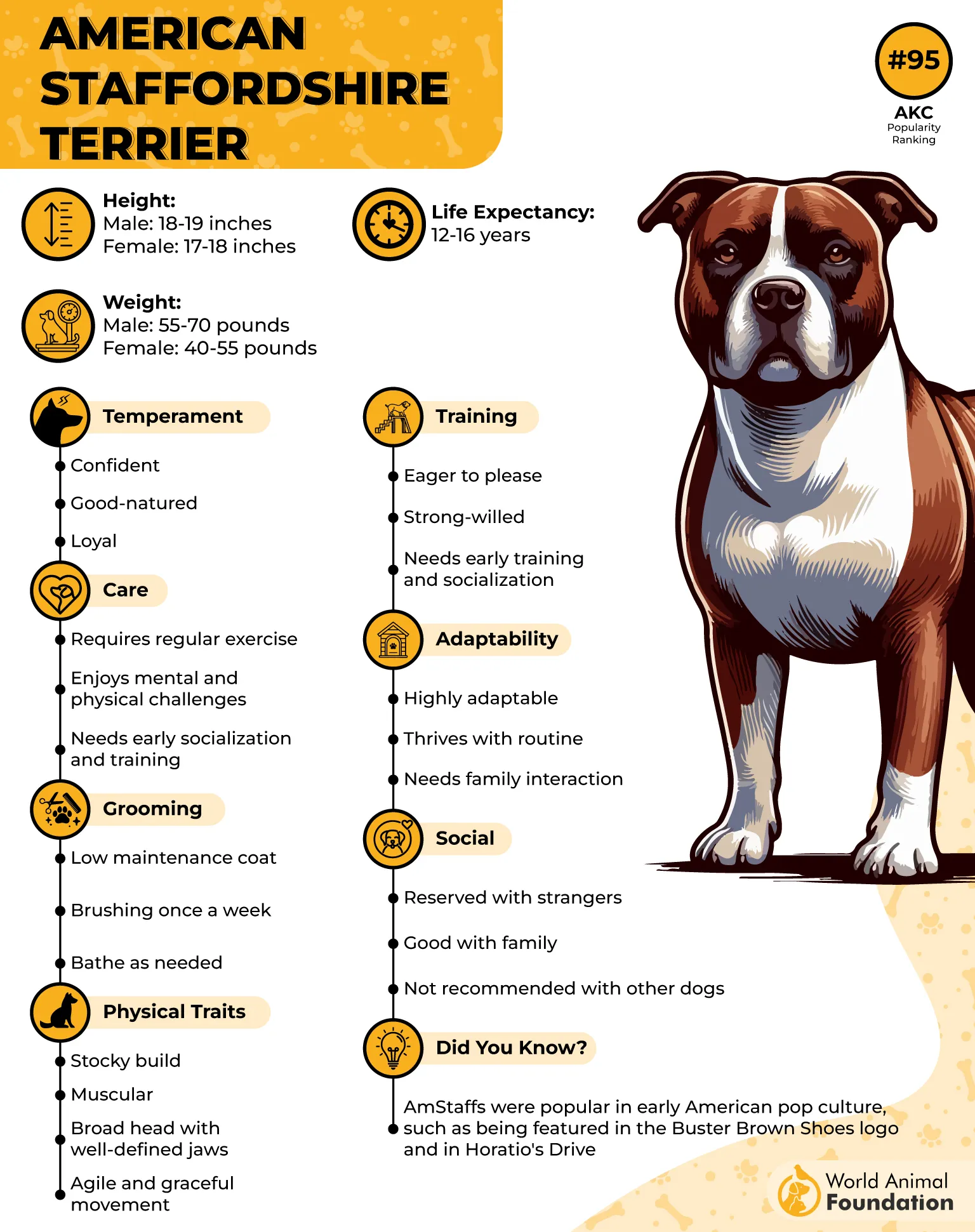
Emotional Sensitivity: While sometimes misunderstood, certain dog breeds like the AmStaff are deeply sensitive and eager to please.
Striking Appearance: They have a bold look with a distinctive head and strong jawline, often complemented by a short, stiff coat in colors like blue, fawn, red, black, or brindle.
Great with Proper Training: Their intelligence makes them quick learners, and their natural loyalty helps them form strong bonds with their owners.
Conclusion
When it comes to choosing the right companion, some dog breeds are simply better at understanding and responding to our emotions. From small lap dogs to more active breeds, there’s a perfect match for everyone’s lifestyle and emotional needs. With their loving nature, sharp instincts, and unwavering loyalty, these dogs often become more than just pets—they’re true partners in life.


